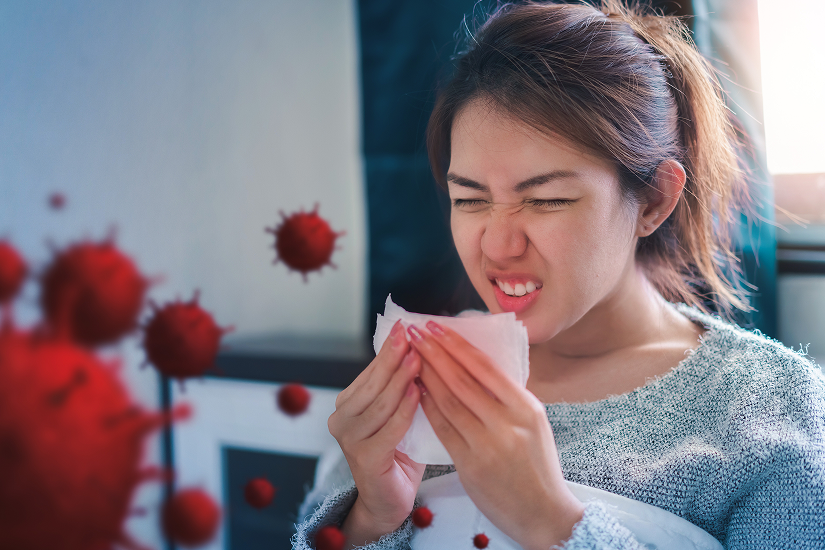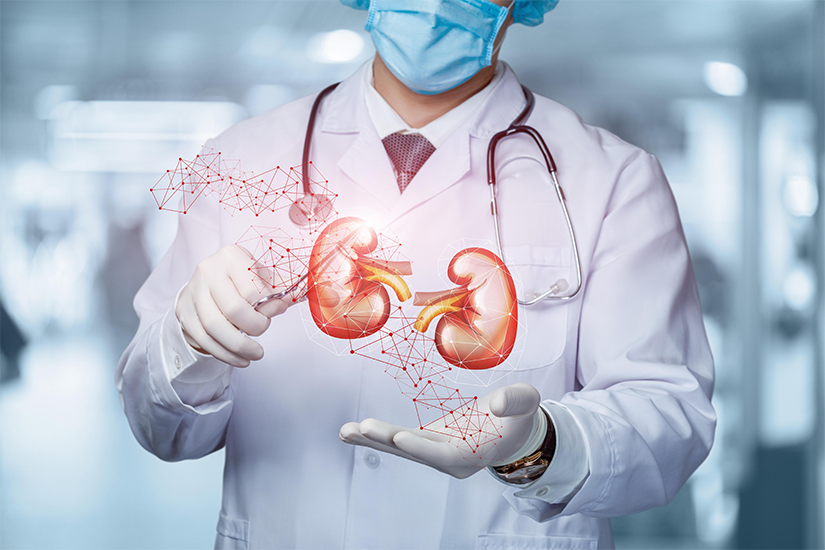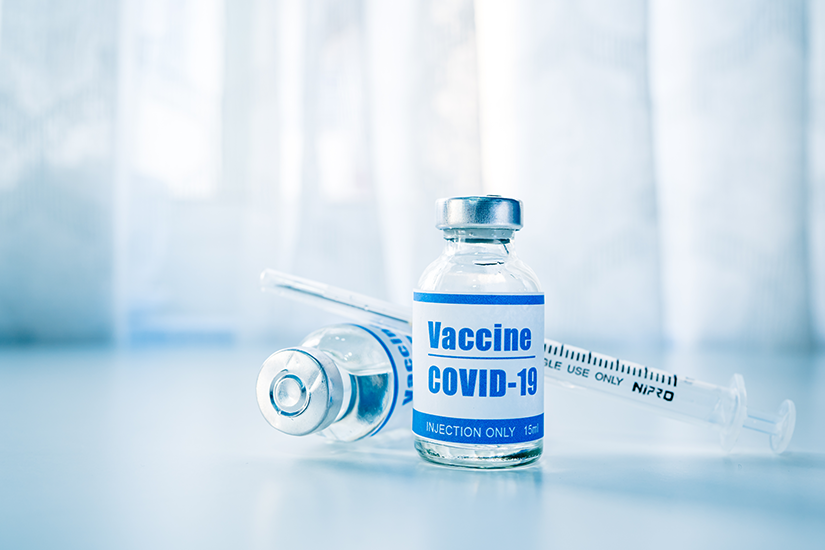- Emergency Ambulance Services
- 8606811111
- 0471-4077777, 0471-7177888
- gro@sutpattom.com
Allergic Reactions: Identification, Treatment, and First Aid
Dr. Sreelekshmi A.,Emergency Physician, SUT Hospital, Pattom
An allergy is the body’s overreaction to foreign substances, known as allergens. Anaphylaxis is a severe allergic reaction that can be life-threatening if left untreated.
Different types of allergies
- Food allergies – Common allergens include fish, milk and milk products, chocolates and meat.
- Drug allergies – Medications such as paracetamol, antibiotics and painkillers can trigger allergic reactions.
- Environmental allergies – Dust, cosmetics and hair dye can cause allergic responses.
- Insect allergies – Bites or stings from insects like wasps and ants can lead to allergic reactions.
Symptoms of Allergy
Symptoms vary depending on the severity of the reaction. Common symptoms include:
- Sneezing
- Coughing
- Itching
- Skin rashes
- Low blood pressure
- Increased heart rate
- Breathlessness
Severe symptoms like low blood pressure, high heart rate and breathlessness require immediate medical attention as they can lead to serious complications such as heart attacks or even death.
How to Manage Allergies?
- If a person experiences an allergic reaction for the first time, seek medical help immediately. Avoid self-medication.
- Those with known allergies should take antihistamines as prescribed by a doctor at the first sign of symptoms and report to the hospital if needed.
- Individuals who have had severe allergic reactions, such as anaphylaxis, should always carry Epinephrine 10 with a doctor’s prescription and be trained on how to use it.
- Before taking any new antibiotics, a patch test is recommended to check for possible allergic reactions.
Preventive Measures for Allergies
- Identify allergens through allergy testing.
- Allergy tests can be done at specialized clinics. SUT Hospital, Pattom has a well-maintained Allergy clinic.
- Avoid known allergens in daily life.
- Keep your allergy report with you at all times – either a physical copy in your bag or a digital copy on your phone.
- Present your allergy report whenever you require hospitalization or medical treatment.
First Aid for Allergic Reactions
- If someone loses consciousness due to an allergic reaction, transport them to a hospital immediately.
- Lay the person on a flat surface and elevate their legs above chest level to help improve blood circulation and stabilize blood pressure.
- Check for pulse and breathing. If necessary, provide CPR.
- Inform the hospital that the patient has fainted due to an allergic reaction.
Early identification and prevention of allergens can significantly reduce the risk of severe allergic reactions. Taking appropriate precautions can help individuals manage allergies effectively and stay healthy.









